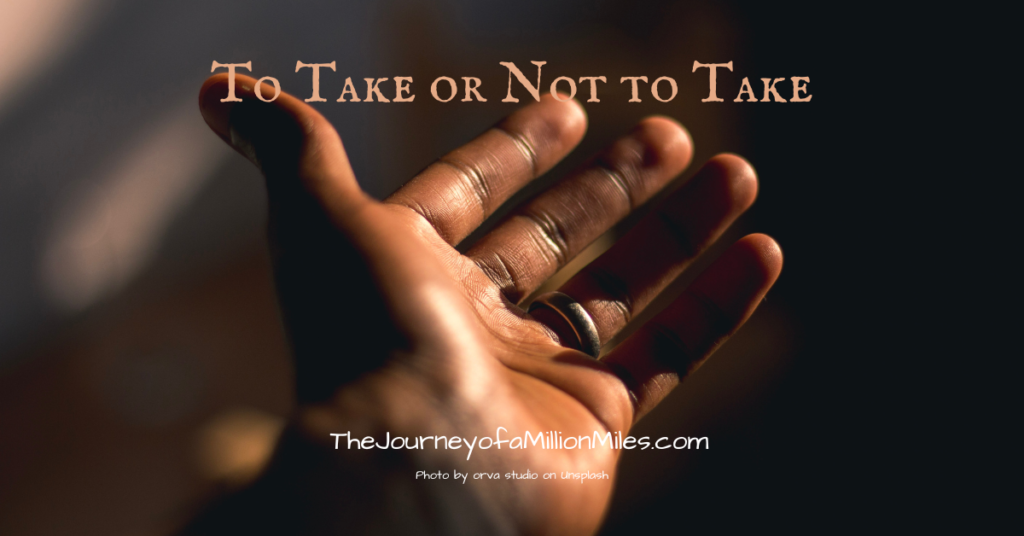In Christ’s family there can be no division into Jew and non-Jew, slave and free, male and female. Among us you are all equal. That is, we are all in a common relationship with Jesus Christ. Also, since you are Christ’s family, then you are Abraham’s famous “descendant,” heirs according to the covenant promises.
Let me show you the implications of this. As long as the heir is a minor, he has no advantage over the slave. Though legally he ownes the entire inheritance, he is subject to tutors and administrators until whatever date the father has set for emancipation. That is the way it is with us: When we were minors, we were just like slaves ordered around by simple instructions (the tutors and administrators of this world), with no say in the conduct of our own lives.
But when the time arrived that was set by God the Father, God sent his Son, born among us of a woman, born under the conditions of the law so that he might redeem those of us who have been kidnapped by the law. Thus we have been set free to experience our rightful heritage. You can tell for sure that you are now fully adopted as his own children because God sent the Spirit of his Son into our lives crying out, “Papa! Father!” Doesn’t that privilege of intimate conversation with God make it plain that you are not a slave but a child? And if you are a child, you’re also an heir with complete access to the inheritance.
Earlier, before you knew God personally, you were enslaved to so-called gods that had nothing of the divine about them. But now that you know the real God—-or rather since God knows you—-how can you possibly subject yourselves again to those tin gods? For that is exactly what you do when you are intimidated into scrupulously observing all the traditions, taboos, and superstitions associated with special days and seasons and years. I am afraid that all my hard work among you has gone up in a puff of smoke!
Galatians 3:28-4:11
To Take or Not to Take
Dear precious sisters, if ever there was a word that proclaimed freedom, it is the word “receive.” “Take,” however, is not. We walk a fine line on our journey of freedom between the taking and the receiving. It turns out to be a matter of the heart; the difference lies deep within us.
Without diving into an entire lesson on Biblical history, loss of freedom always involves taking. Adam and Eve took the ability to define good and evil on their terms, not receiving God’s. Cain took from Abel. Then there is Jacob, the deceiver who took from Esau. I could go on; you get the point. Taking results in the loss of freedom.
Freedom is a gift, as we learned a while ago on this journey. It is not something we can earn. We can’t do special tricks for God and have him pass out freedom like I give my dog her cookies. Our supremely free God delights to give us an extraordinarily free gift of freedom. In Him. Through Him. By Him. We began our journey with a receiving of this gift, not a “gimme that, I am headed up that hill on my own, and there is nothing you can do to stop me.”
This world we live in teaches us to take. “You need to take back this ground.” “Take back what the enemy stole.” “it’s rightfully yours; take it.” We have been again given another boulder-lie in the middle of our path that we must cross. This boulder-lie states freedom is “right there; just reach out and take it.”
In Galatians, Paul flattens that boulder-lie. Freedom is here, and all you need to do is receive it! Paul uses a metaphor to develop his line of thought. It’s a metaphor of a father who has executed a will that decrees that his children live freely. Paul is saying, if we miss this, we will miss the boat. If we go along perceiving ourselves as enslaved people, freedom being on the outside, we will live powerlessly in apathy. We will fight every step in a hopeless fury, thinking that if we can punch a little harder, run a little faster, or do a little better, we can grasp that freedom at long-awaited last.
If we are ignorant of Christ and what he has already done, we have no clue that our freedom is here. In that ignorance, we spend our days dreaming of the time to come; what will we do once we are free? Our significance is deterred until our age of emancipation (in keeping with Paul’s metaphor). The enslaved person knows she must seize her freedom, and the child knows that she must wait.
Sisters, we are not captives; we are daughters who have come of age. Freedom is here; we have complete access to our inheritance. Let us not be ignorant of what Christ has done. He calls us daughters, a very personal word. Freedom is the experience of being in a personal relationship with God. It means being ourselves not in isolation but in relationship—-with God.

